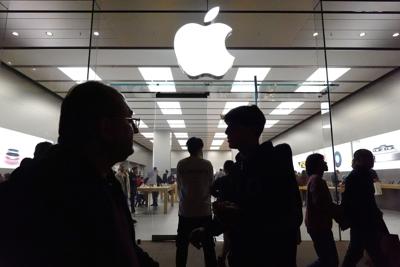The woman was 19 weeks pregnant when she used Misoprostol to conduct an abortion. It was after that the following day that the developing fetus had no confirmed heartbeat where a caesarian section performed. The hospital would report the procedure to the district attorney office where they opened an investigation into the abortion.
On June 24, 2022, the Supreme Court ruled in the case Dobbs v. Jackson Women's Health the overturning of the Roe v. Wade. Texas lawmakers would enact abortions a few months later on August 25 of the same year. Although strict restrictions prohibit the dispensing or usage of abortion inducing methods (such as Misoprostol), women are protected from murder charges when conducting an abortion. Thus, women have found ways to conduct abortions through medications provided by non-profits or, in this case, self-induced abortions.
In the lawsuit, the woman would argue that she was wrongfully tried for a crime that she was legally exempted from, along with the argument of having her privacy rights violated with the hospital disclosing her procedure with the D.A office. The prosecutor who initially charged the woman agreed to a $1,250 fine along with a probation period of 12 months.
This particular case brings to highlights the many complicated legal rules that are involved in controversial topics like abortion. This connects to different concepts learned in class (particularly government), such as the idea of right to privacy. With the individuals guaranteed the right to privacy from government intervention, it is interesting to see how legal action was taken against the woman, although for an illegal action, a cause that could be viewed as improbable for some.
https://abcnews.go.com/US/wireStory/texas-woman-sues-prosecutors-charged-murder-after-managed-108667815
https://www.texastribune.org/2023/10/11/texas-abortion-law-birth-control-what-you-need-to-know/
https://guides.sll.texas.gov/abortion-laws/history-of-abortion-laws#:~:text=A%20judgment%20in%20a%20Supreme,effect%20on%20August%2025%2C%202022.

.png)









